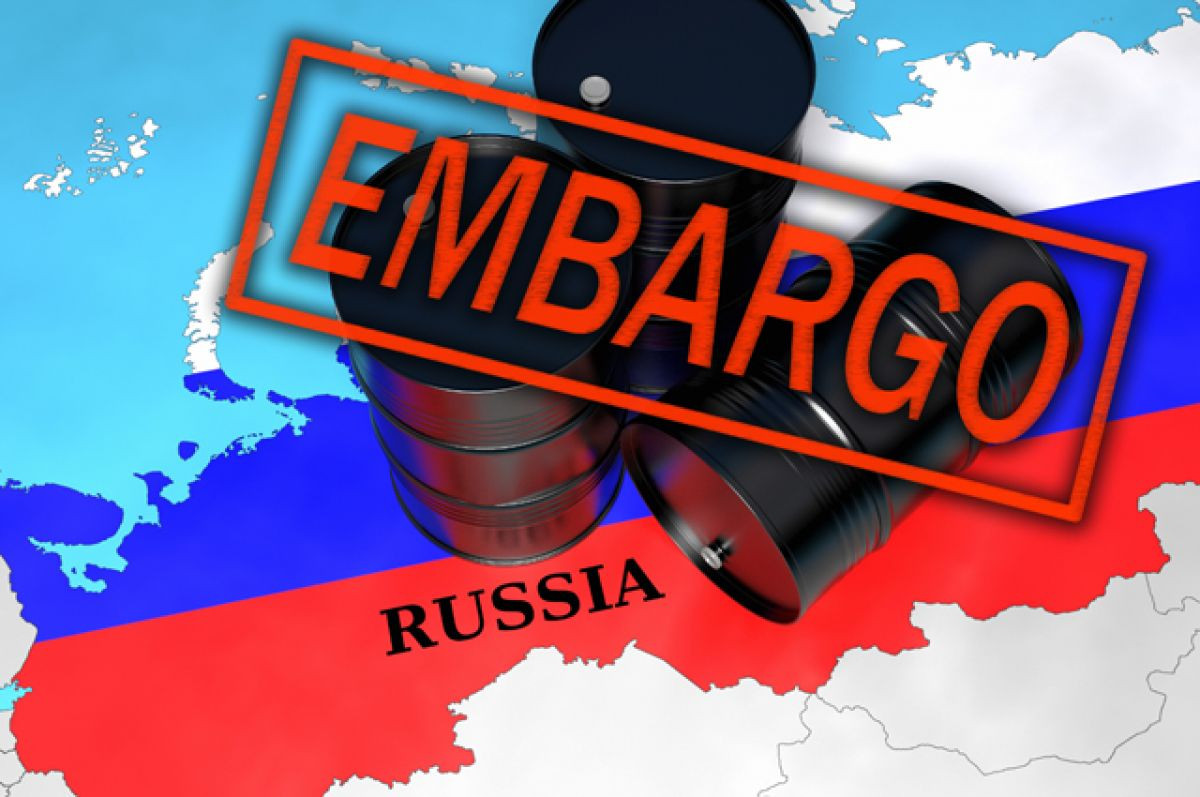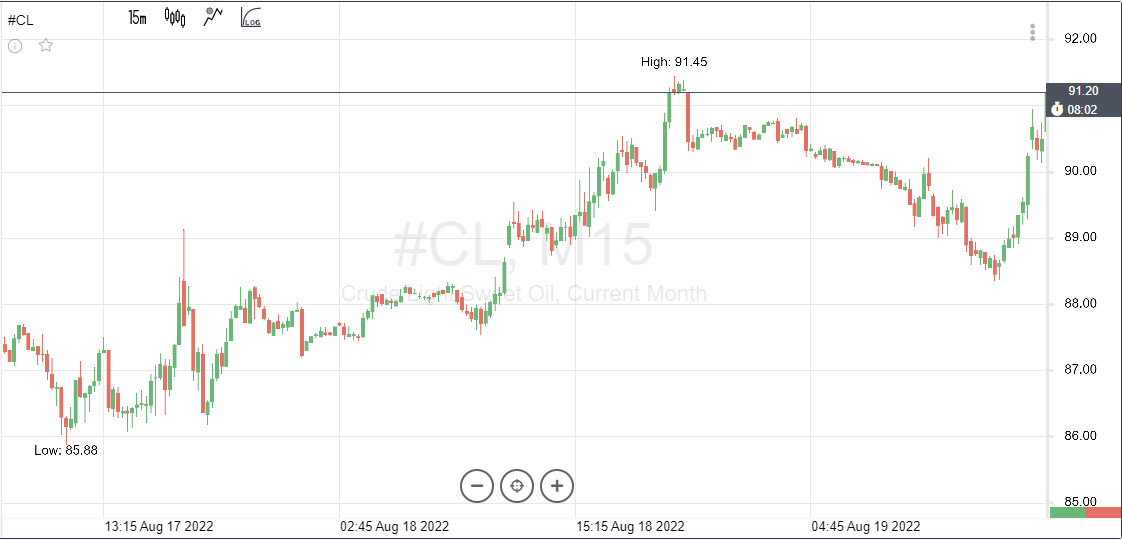
Oil was confidently moving towards closing this week with a decline. Quotes of futures fell during the day, and this was mainly due to the release of data on the reduction of energy resources in the US. However, by the end of the trading day, futures for WTI oil began to show an increase.
Thus, the cost of October futures for Brent oil on the London ICE Futures exchange was at $96.92 per barrel, which is 0.32% higher than the closing price of the previous trading day. The cost of futures for WTI oil for September in electronic trading on the New York Mercantile Exchange by this time rose by 0.76%, to $91.20 per barrel.

OPEC predicts a lack of oil supply this year. Thus, the new OPEC Secretary General Haytham al-Ghais confidently stated in his interview to Bloomberg representatives that he does not expect a weakening in demand for oil either in China or in other countries of the world in the next six months. He also recalled that the reserve capacity for oil production in OPEC is already running out.
The constraining factor for the oil market is growing fears of a slowdown in global economic growth. Due to the fact that the world's central banks continue to try to ease inflation by suppressing demand, a global recession no longer seems to be something unrealizable, especially since most analysts are persistently reminding of the inevitability of this process.
Meanwhile, Asian countries, especially China and India, were already clearly fed up with oil from Russia. On August 16, Bloomberg published data showing that oil supplies from Russia to Asia continue to decline to 2 million barrels per day. The average volume of oil imports over the past three months fell to 9.5 million barrels, which is slightly lower than a year earlier.
The near future in the oil market will depend on the conditions under which Russia will sell fuel. Of particular interest is the end of this year, when the embargo on oil supplies by tankers will come into force and limits on the cost of Russian oil will be introduced.
It is not at all clear how long Asian countries will be able to buy fuel from Russia, which will finally be released for them with the imposition of the embargo. It is also unclear whether Western European countries and the United States will impose sanctions on Asian buyers if they are accused of trying to circumvent the restrictions. Probably, India and China simply will not be able to purchase all the volumes of oil released on the common market, since they are very saturated with fuel at the moment.
As for the talks between the US and Iran on the resumption of the nuclear deal, these risks have now been relegated to the background, since the agreement on this deal will most likely be delayed. Recall that, in the event that restrictions on Iranian oil are lifted, Tehran will start supplying a little more than 1 million barrels to the world market. Obviously, these volumes will not radically change the situation on the world market.
If all restrictions are lifted, Iran will need to modernize its oil industry next year, which is currently not in the best condition. And if this happens, then after some time Iran will be able to produce not 2.5 million barrels, but all 3.9.
 English
English 
 Русский
Русский Bahasa Indonesia
Bahasa Indonesia Bahasa Malay
Bahasa Malay ไทย
ไทย Español
Español Deutsch
Deutsch Български
Български Français
Français Tiếng Việt
Tiếng Việt 中文
中文 বাংলা
বাংলা हिन्दी
हिन्दी Čeština
Čeština Українська
Українська Română
Română

